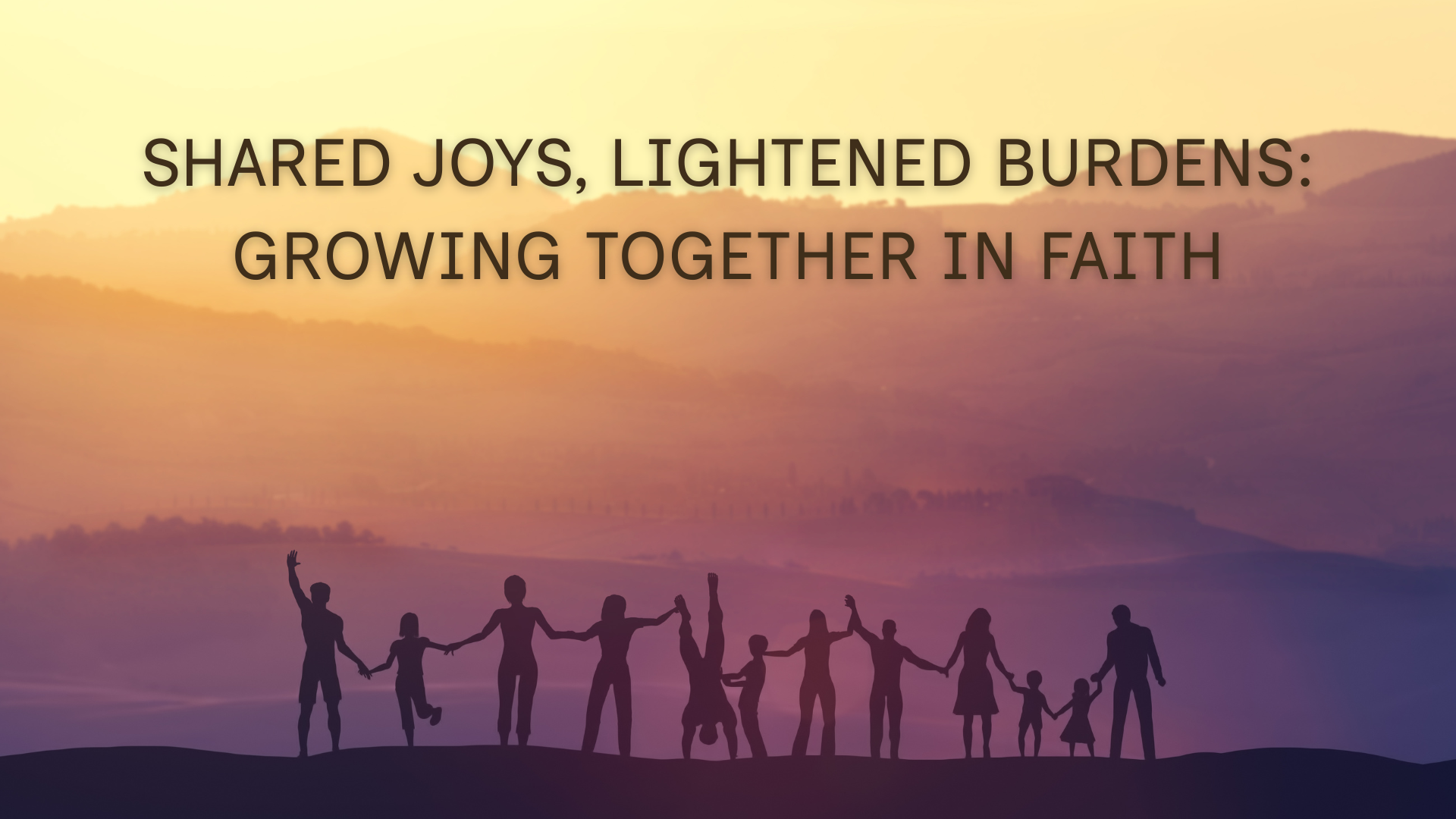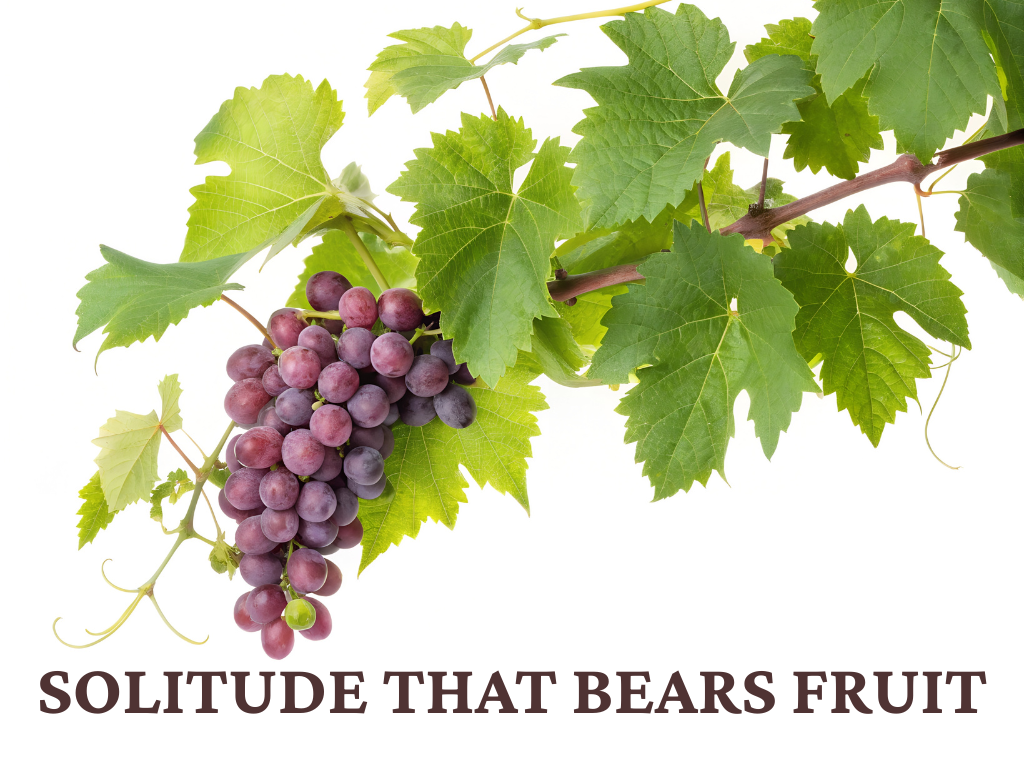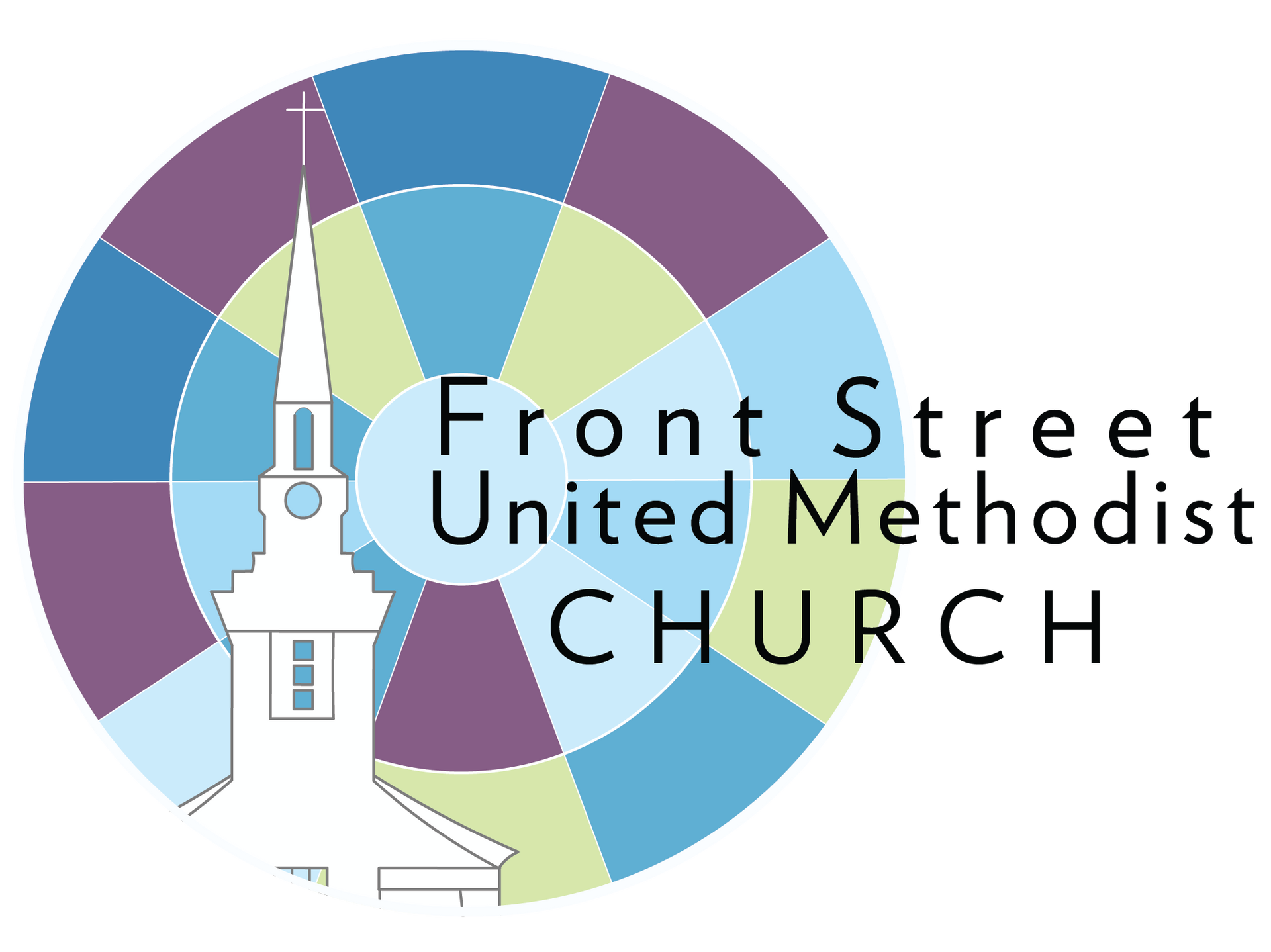Complicated Yet Beloved
I wonder if you’ve ever spent time reading and studying Ecclesiastes? Aside from the oft-quoted passage that begins, “There is a season for everything and a time for every matter under the heavens,” I bet you’d have a hard time recalling any of what it says, but maybe not.
I consider Ecclesiastes one of my favorite books of the Bible because of how matter-of-factly it’s author, who identifies himself as “the Teacher,” speaks to the complexities of being human and what it means to live well in the bounds of our brief lives. Of course, God lies at the center of the writer’s work, but God appears only at key moments, like the refrain of a favorite song, crashing in to remind you what it’s all about.
In chapter seven, the Teacher makes this observation: “See, this alone I found: God made human beings straightforward, but they have devised many schemes.” The Teacher reminds us of the important truth that we humans are the only creatures who willfully depart from the intentions of God, the only ones who willfully misvalue and misuse the gifts of God.
The thought probably makes your stomach sink. Are we really that bad?
Sometimes, yes we are, which is why when we gather for worship that we always begin in a posture of confession and in remembering how gracious God is to forgive. We live in a complicated world marked by all kinds of terrible choices and actions that directly contradict the love of God and do harm to others.
The Teacher says that even our best-laid and well-intentioned plans have the capacity to do harm and to come up short of the good we imagine. That sounds horrible, but it all goes to say that we often complicate and muddy the desires that God has made plain for us; namely, to live in Christ such that our lives do justice, enact mercy, and maintain humility before God (Micah 6:8). Too often we make things about what serves us, rather than about the gifts that God has given for us to share and to enjoy.
Thankfully the Teacher doesn’t let us wallow in the mire of how we have schemed against God and complicated our lives. He goes on to say, “Go, eat your food joyfully and drink your wine happily because God has already accepted what you do” (9:7).
Wait, what? I thought the Teacher said we’re scheming and complicated, but now God accepts whatever we do? Well, not quite.
Ecclesiastes does well to highlight the tensions in our lives under God, that we can be both sinful and remarkable creatures. The Teacher here draws us back to the ordinariness of life, the things we do every day that show love, gratitude, enjoyment, and that shares the goodness of life with others: a shared meal with neighbors, time spent with family, energy exerted in helping someone in need, spending time to help a child read, preparing food for a grieving family. God accepts that, and God delights in it.
We are “both/and” creatures. We misappropriate God’s gifts and overcomplicate life and do harm. But our lives also show love and gratitude, and express the goodness that God intends life to be. So, the Teacher says, delight in life, live well and for others, be honest about your sin and when you are less than yourself, and leave the rest to God.
- Pastor Patrick











